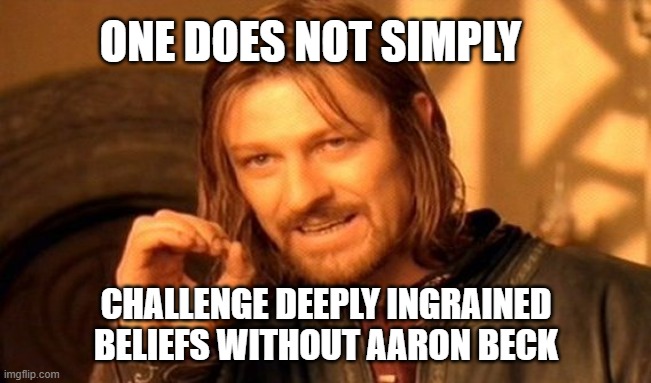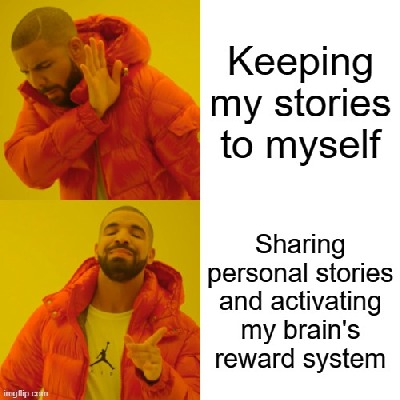Aaron Beck, the brilliant mind behind cognitive behavioral therapy (CBT), revolutionized the world of psychotherapy. His methods, grounded in science, have helped millions transform their lives by challenging negative thoughts and beliefs. Beck’s journey, from a timid and sickly child to one of the most influential psychologists of the 21st century, is nothing short of inspiring.
Early Life and Education:
Born in 1921 in Providence, Rhode Island, Aaron Beck’s early years were marked by shyness and illness. Despite his health struggles, Beck was determined to pursue medicine, though he initially considered journalism. After earning a degree in English from Brown University in 1942, Beck attended Yale Medical School, where he faced his fear of blood head-on by intentionally exposing himself to surgical environments. This experience likely planted the seeds for his later work, where he emphasized the power of confronting and overcoming fears.
Shift from Psychoanalysis to Cognitive Therapy:
Beck’s early career was rooted in psychoanalysis, the dominant psychological framework of the time. He spent years studying the psychoanalytic theories of depression, which suggested that depression was a result of internalized anger. However, Beck’s work with patients led him to a different conclusion. He noticed that many of his patients weren’t angry but rather saw themselves as failures, plagued by what he termed “automatic thoughts”—deeply ingrained beliefs that shaped their perceptions and emotions.
This realization led Beck to develop cognitive therapy, a method that focuses on identifying and challenging these negative thoughts. Unlike traditional psychoanalysis, which delves into childhood conflicts and unconscious desires, cognitive therapy encourages patients to test their beliefs against reality. This practical approach proved to be more effective in helping patients overcome depression and anxiety.
The Rise of Cognitive Behavioral Therapy:
Despite initial resistance from the psychoanalytic community, Beck’s cognitive therapy gained traction. By the 1980s, it had become one of the most widely used and researched forms of psychotherapy. Beck’s method was not only effective but also efficient, requiring fewer sessions than traditional therapy. This made it accessible to a broader range of people and contributed to its global spread.
Research continued to validate Beck’s approach, and by the 21st century, CBT had become the gold standard in psychotherapy. It is now taught in most clinical psychology and psychiatry programs in the United States and is a core component of the U.S. Army’s mental health training programs.
Beck’s Legacy and Lasting Impact:
Aaron Beck’s legacy is immense. Over his lifetime, he published around 600 articles and 25 books, developed measurement tools for various psychological disorders, and contributed to the destigmatization of mental illness. His work laid the foundation for a more scientific approach to psychology, one that prioritizes evidence-based practices.
Beck’s cognitive therapy has not only helped countless individuals but has also inspired a new generation of psychologists to continue exploring the connections between thoughts, emotions, and behaviors. His influence extends beyond therapy; his methods have been integrated into self-help literature, making psychological tools accessible to those who may not have access to traditional therapy.
Conclusion:
Aaron Beck’s life was a testament to the power of perseverance and rational thinking. From overcoming his childhood fears to revolutionizing psychotherapy, Beck showed that with dedication and a willingness to challenge the status quo, it is possible to make a profound impact on the world. His contributions to psychology will continue to benefit humanity for generations to come.
Read the article: “Harnessing the Power of Emerging Technologies for Career Growth”



